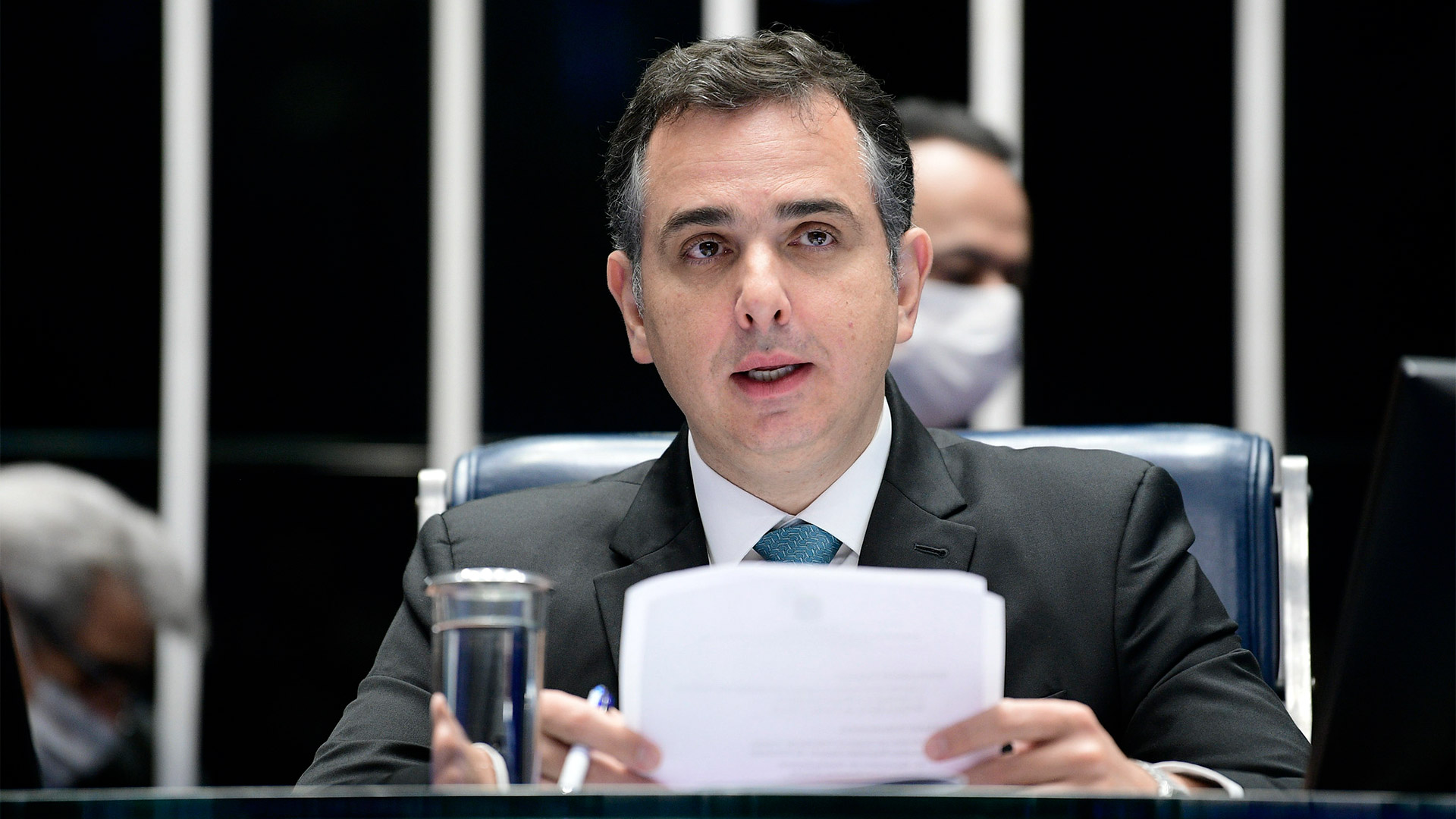Brazilian Senator Rodrigo Pacheco assessed the possibility of taking advantage of a “window of opportunity” after the elections, and before the end of the current legislature, to vote on the gambling regulation, thus avoiding possible opposition from any new parliamentary composition.
The parliamentarians who defend the bill which allows gambling in the country see the possibility that the proposal advances in the Senate, taking advantage of this “window of opportunity” which would open after this year’s elections.
The text was approved by the Chamber of Deputies in February of this year, but so far it remains in the Upper Chamber. In addition, several senators are pre-candidates for state governor, which, along with the fact that the Chamber of Senators recently enabled a Parliamentary Front against gambling, appears to hinder this possibility.
Despite this, a new pressure focus has recently emerged following the approval of the bill establishing a new national nursing floor for nurses. The relation between both projects lies in the fact that the bill establishing the floor for nurses, which was approved, does not include sources of funds to cover it, money that could come from gambling if the regulation were to go forward.
Therefore, leaders of the Senate parties began to discuss how the tax revenues derived from the regulation of gambling could be used to finance the new floor.
The gambling bill foresees the creation of a contribution – a kind of tax – levied on the sale of games and bets. One of the options under consideration for the nursing floor is to increase this percentage from 4% to 12%, in order to finance public health programs and actions.
The rapporteur of the gambling proposal in the House, Felipe Carreras, met during the last few weeks with the president of the Senate, Rodrigo Pacheco, to address the issue, after which the federal deputy assured that he is not in a hurry to have the proposal approved, especially if there is a risk of it being rejected due to electoral pressure.
Therefore, he analyzed with Pacheco the possibility of taking advantage of this ‘window of opportunity’, after the elections and before the end of the current legislature -thus avoiding the possible resistance of a new parliamentary composition-. The President of the Senate explained that he does not wish to commit to voting on it this year.
Meanwhile, the rapporteur of the nurses’ bill, Representative Carmen Zanotto, also met with the president of the Senate CCJ (Constitution and Justice Committee), Davi Alcolumbre, to try to unblock the gambling bill immediately. There are also efforts from a group of deputies and senators, in order for the proposal to be voted on after the parliamentary recess in July.
One way to attract support in the Senate was to try to link the proposal to another bill in progress in the House, which allows the construction of resorts with casinos. The author of the proposal, Senator Irajá, could be named speaker of the bill that allows gambling. Irajá defends his bill, arguing that it will generate 200,000 jobs and could attract investments worth 44 billion reais.
“Brazil is not in a position to refuse new investments. Integrated resorts are a business model that generates billions of dollars in revenues for governments and companies around the world,” he said.
The Senate leaders, however, were not pleased with the anticipation of the analysis of the issue. Pacheco argued that there are other priorities to vote on this year, including controversial agendas on which reaching an agreement was very complex. The main one was tax reform, which had been buried by the larger benches a month ago, but which received a new push from the Senate president and his allies.
According to an analysis of Brazil’s BNL Data portal by Magnho José, a specialized journalist, and president of Brazil’s Legal Gaming Institute, “the proposal could only be reviewed after the elections scheduled for October 2, in the first round, and October 30, in the second round”.
In his opinion, the window of opportunity comprising the period after the elections and before the end of the current legislature, highlighted by the Senate president, “will be very short”. The Senate would only have six weeks to review it. In addition, the World Cup in Qatar starts on November 21 with the final scheduled for December 18. And on December 22, the parliamentary recess begins, which greatly limits the chances of approval.



